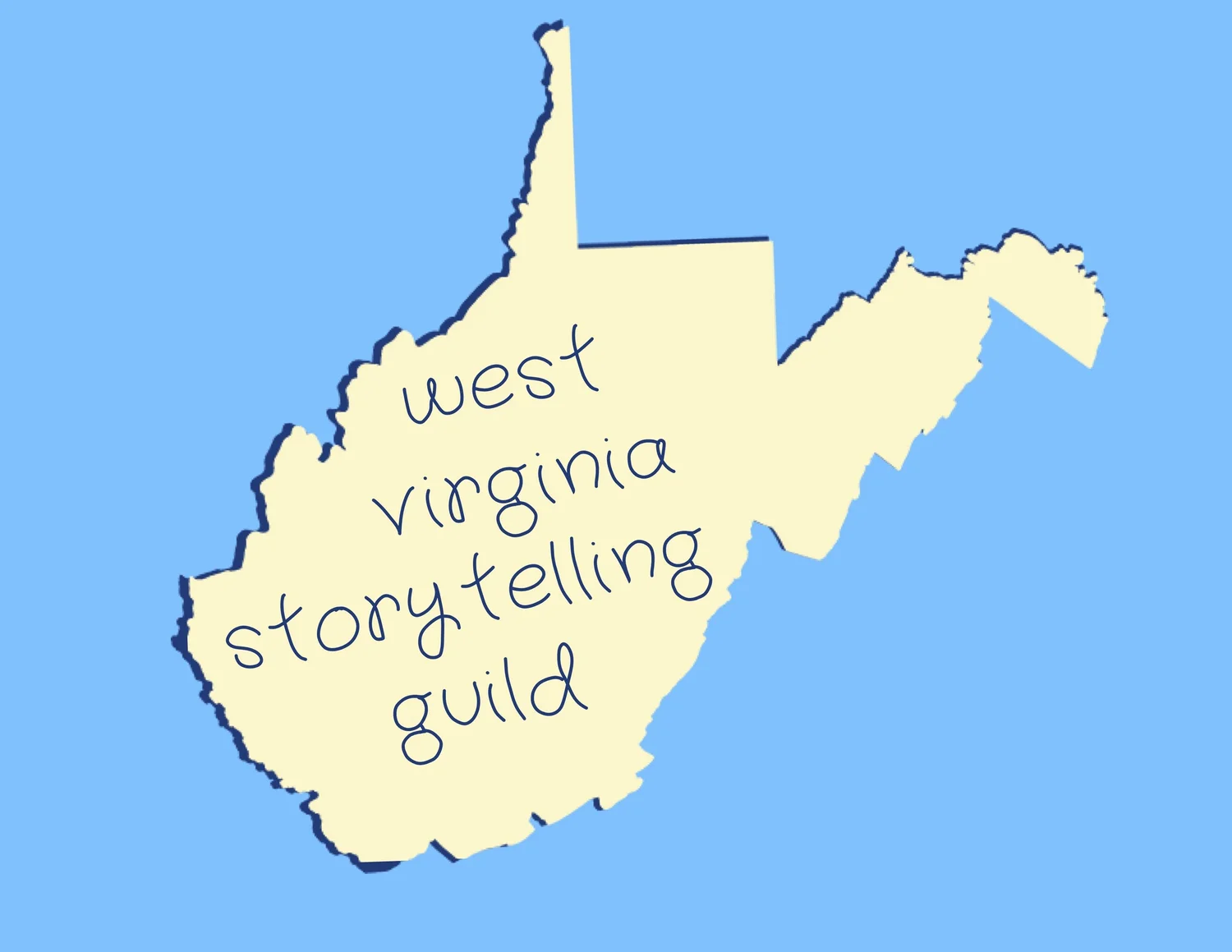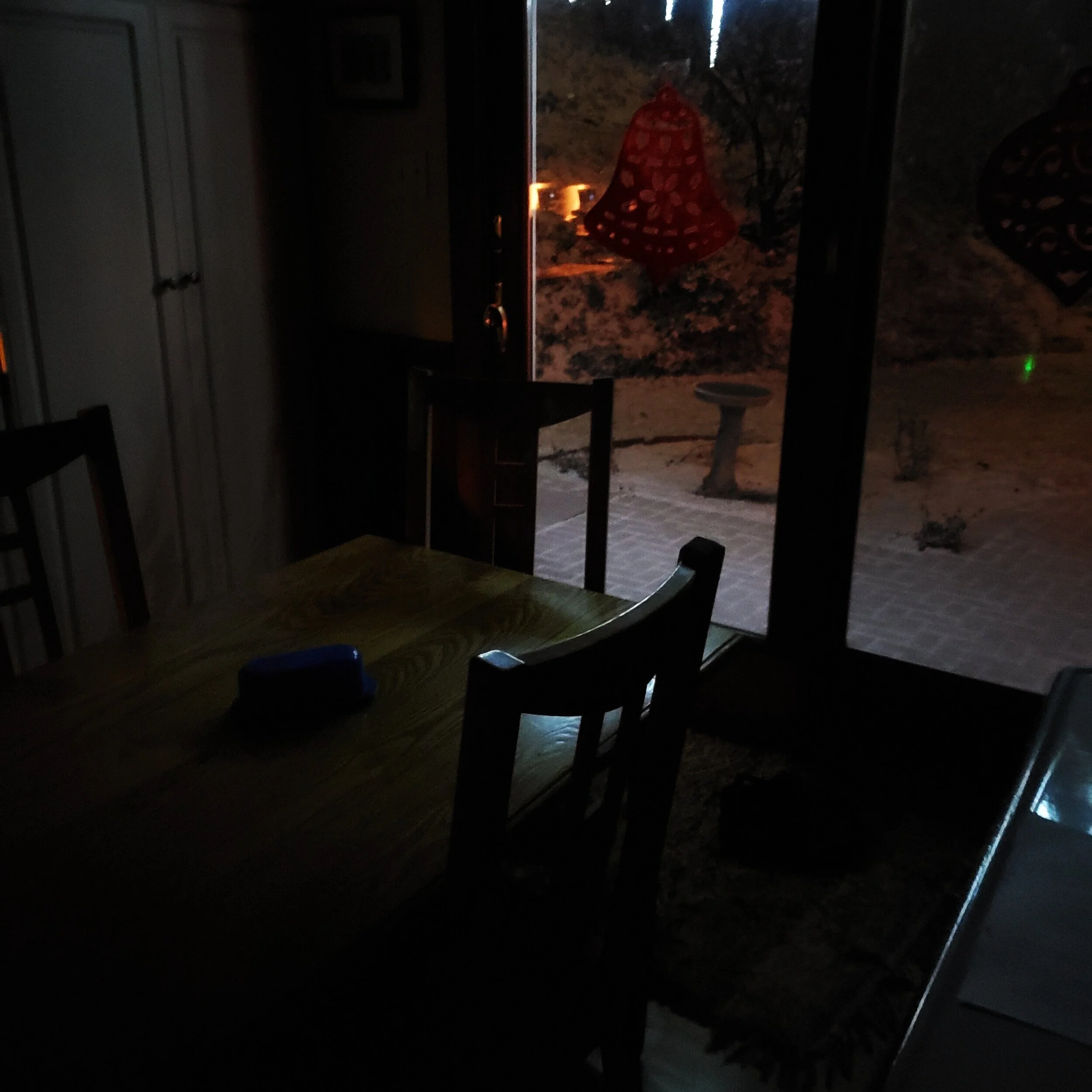Getting From What to How mperry 1-2025
I was looking at my clipboard when the emcee walked on stage, “Ladies and gentlemen,” I heard him say to the audience. I stood backstage reviewing my list of reminders.
1.) Don’t lower your volume at the end of a sentence, paragraph or story, that’s where the meaning lies. More than once I have heard my voice trail off, I thought, if I can implement this alone, tonight will be a success.
2.) Sell the emotion conversationally. There is no fourth wall in storytelling. My favorite tellers make me feel involved in a conversation. This is the environment I want to create.
3.) Pause to allow the story and audience time to breathe. Like a walk on the beach, I want a relaxed sharing of ideas and thoughts, of experience and insights. Take your time, I thought, walk with your audience.
4.) Let the stagehands do their job. They’ll make you look and sound your best. Focus on what you are good at and delegate the rest. How lucky I was to have had the show recorded to accommodate reflection, and assessment. I have often forgotten what I said or how and when the audience responded, but watching the video, I would be able to enact corrections to improve future performances.
Then I heard him continue, “Tonight Prime Stage Theater is pleased to present a special program here at The New Hazlett Theater.” Suddenly I found myself asking, how did this happen? How did I get to this point?
For months I had been telling myself that a deadline is a wonderful motivator. But once my show was being promoted,there was no turning back. For weeks I had been shaping anecdotal thoughts into storytelling form. I polished, edited and spit-shined a one hour story-script to my satisfaction. As May 6th approached, I devoted myself to facing down my fears, to taking the story from page to stage.
I had shuffled the narrative pieces to add interest. Fully formed characters appeared on page after page. I had painted word-pictures, created settings and was finally satisfied with the plot, and theme. The costume and prop ideas? All were there, described and created, but living on paper.
Yet somewhere I realized that the rules had changed. Once I had the ‘what,’ once my story was written down. The question changed. The story? That was the what. I knew the story. I knew what to present. What I planned to convey. But now I feared the how. How will I successfully tell, ‘Saving Face: Memoir Of A Circus Clown’?
As the process continued, I reread. I remembered. I edited the voice in my head. I rehearsed aloud. It all made sense. I practiced in front of a mirror. This had been standard procedure for me, but I had never presented a one hour personal narrative to an audience, not even my wife. Would it time out as promised? Would the two separate-storied half hour pieces evoke the intended meaning? Could I enact these stories? Sell them to an audience? Breathe spirit into my thoughts, life into this Frankenstein? How could I be sure? How do I guarantee success?
There were so many choices to be made as niggling doubts surfaced. I wrestled with this growing list of questions, but doubt is a mocking beast. Doubt discourages passion. Doubt is the enemy within, laughing and pointing out certain failure. Maybe I should cancel. Did I really do my homework? From ‘what’ to ‘how’ was a battle between fear and faith.
But faith’s twin is trust, and trust comes with wings, arriving when called upon like an angel that vanquishes the devil’s doubt. Trust was my friend. Quietly I felt that I had known this all along. But ‘what ifs,’ continued to haunt, posing valid rebuttals to the innocence of faith, of trust. Still, is there a choice? This was a new story and trust builds upon experience. How can I know that some unseen angel will swoop down and save me? Guide me? Steer me and my audience towards enjoying the meaning, the message, the purpose of this story together. How? It screamed for a better answer. How can I find trust when fear is the louder voice?
But waiting backstage, a quietly reassuring voice arrived, whispering, murmuring, echoing a simple truth, ‘commit,’ it said. ‘Dive off the cliff,’ it commanded. ‘Devil be damned. Commit. Trust. Fight the fear.’ “Jump?” I said out loud standing backstage. “Faith,” I said. “Trust,” I mumbled. Once I committed to trusting? I knew my story and would communicate. Because? Because commitment does not remove doubt but eliminates choice, placing doubt at a deficit. The story and I are meant to share, to be shared.
It was the emcee again, “Please welcome Michael Perry in: Saving Face: Memoir Of A Circus Clown. A static of applause rained as I stepped onstage, and began. I knew that it was no longer about what was said, or how it was presented. Now? It was only story. It was a conversation and it spoke to me, from me, through me. Through my body. Through the audience. Through the words, and the silence between them. All the work, the effort, the planning and preparation came together. And for an hour we shared.
And as a bonus? Nearing the end, I found myself on stage and off script, ad libbing. Though the message was implicit in the story, it was never clearly stated in the what. Yet there it was in the how. A sentence blurted from my mouth, a concise conclusion to the entire piece. “You can’t kill a clown,” I said. An improvised gem! Why hadn’t I thought of that sooner? It summarized the message, tying concepts together before concluding the story. Soon after, I found myself saying ‘thank you!’ And it was over.
Under the applause, reality returned and a litany of questions rose as I walked off stage. Could they hear me? Did I stay in my light? Were they engaged? Did they respond appropriately? Did body language compliment the messaging? Too often, what went wrong is the first question. I soon reminded myself that it is more beneficial to look for what worked. What went right?
Days later I did ask. Taking notes and correcting a few misspoken facts will keep historic references accurate in future tellings. But what had worked? My story had the feel of an extemporaneous conversation. This was my objective: to portray a reflective persona. The story had performed as designed. I had successfully offered a vehicle for presentation, and in doing so, the how, the performance, lived up to its what, the story’s imagined impact.
I trusted my message and delivery. I committed to the how as an act of faith in my process and when doubts arrived? I jumped off the story cliff and the story angels caught me. I whispered, “commit,” and allowed the story to speak through me. I arrived on stage with faith, trusting my story and my ability to convey it physically. “Commit!” I had repeated backstage. And as a reward? For an hour the story and I had conversed with the audience. I had said yes to an opportunity and in the process of getting from what to how, I learned that confidence is born in the shadow of trust. And as a result? II was left smiling from the exhilaration of success. mike@mikeperry.biz


